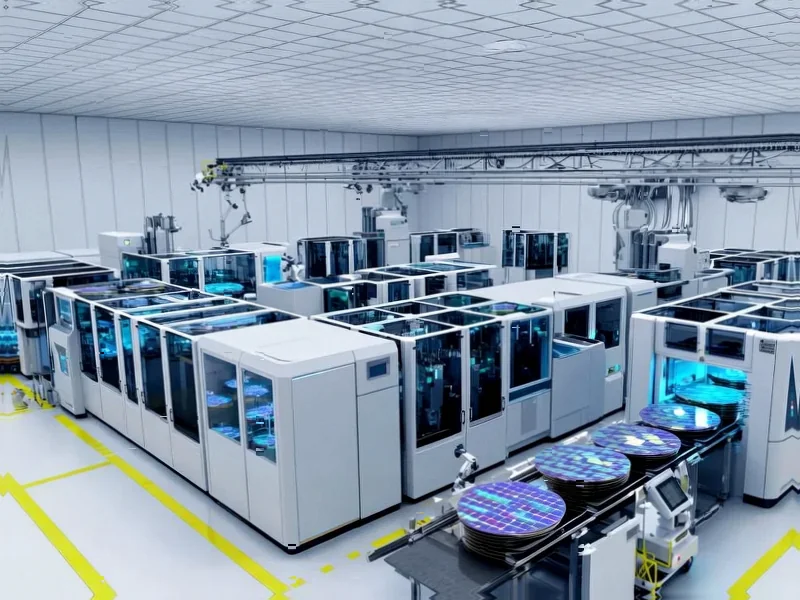According to Wccftech, Microsoft has received pivotal approval from the Trump administration to export NVIDIA’s AI chips to the United Arab Emirates, marking a significant shift in US technology export policy. Microsoft President Brad Smith confirmed the development, stating the approval followed “very stringent cyber security, physical security and other security requirements” imposed by the US government. The breakthrough comes after President Trump’s recent visits to Gulf states and follows multiple deals between NVIDIA and state-backed organizations including G42 and HUMAIN AI. Microsoft is projected to invest $7.9 billion in the UAE from 2026 to 2029, creating substantial opportunities for NVIDIA’s AI chip business in the region. This strategic move opens a new revenue frontier for NVIDIA as the company navigates ongoing restrictions in China.
The Middle East’s Emerging AI Economy
The UAE’s aggressive push into artificial intelligence represents one of the most ambitious national technology transformations globally. Unlike China, where geopolitical tensions have complicated US technology exports, the Gulf states offer a more politically stable environment for American tech companies seeking growth markets. The region’s sovereign wealth funds, particularly the UAE’s Mubadala and Abu Dhabi Investment Authority, have been actively deploying capital into technology infrastructure, creating ideal conditions for high-performance computing investments. This isn’t just about selling chips—it’s about building entire AI ecosystems where NVIDIA can establish long-term architectural dominance.
Beyond Hardware: The Platform Play
Microsoft’s role as the conduit for NVIDIA’s technology reveals a sophisticated business model that extends far beyond chip sales. By positioning Azure as the approved platform for advanced AI computing in the region, Microsoft creates a virtuous cycle where its cloud infrastructure becomes the default environment for AI development. This strategic positioning allows NVIDIA to benefit from Microsoft’s established government relationships and compliance frameworks while focusing on its core hardware advantage. The $7.9 billion investment pipeline suggests Microsoft will build substantial data center capacity specifically optimized for NVIDIA’s architecture, creating locked-in revenue streams for years to come.
Geopolitical Calculus and Market Timing
The timing of this approval reflects careful geopolitical calculation. With China revenues uncertain and European markets facing economic headwinds, the oil-rich Gulf states represent one of the few growth markets with both the capital and political will to rapidly adopt cutting-edge AI technology. The region’s strategic importance has been amplified by global supply chain realignments and the shifting balance of technological influence. For NVIDIA, this isn’t merely a replacement for Chinese revenue—it’s a strategic beachhead in a region that could eventually rival Silicon Valley in AI ambition and investment scale.
Security First: The New Export Paradigm
The stringent security requirements mentioned by Brad Smith represent a new model for sensitive technology exports. Rather than blanket restrictions, the US government appears to be developing a tiered approval system where trusted partners can access advanced technology under specific safeguards. This approach allows American companies to maintain technological leadership while addressing national security concerns. For Microsoft, demonstrating compliance with these requirements creates a significant competitive moat—other cloud providers will need to match their security infrastructure and government relationships to compete for similar opportunities.
The Domino Effect on Regional Competition
This approval will likely trigger a cascade of similar deals across the Middle East. Saudi Arabia, Qatar, and other Gulf states will now pressure their US technology partners for equivalent access, creating a competitive dynamic that benefits American chip designers and cloud providers. The region’s national AI strategies, particularly Saudi Arabia’s Vision 2030 and the UAE’s AI Strategy 2031, provide clear roadmaps for massive technology adoption. For NVIDIA, this represents a potential multi-billion dollar market that could help offset any permanent reduction in Chinese business while diversifying their global revenue base.




